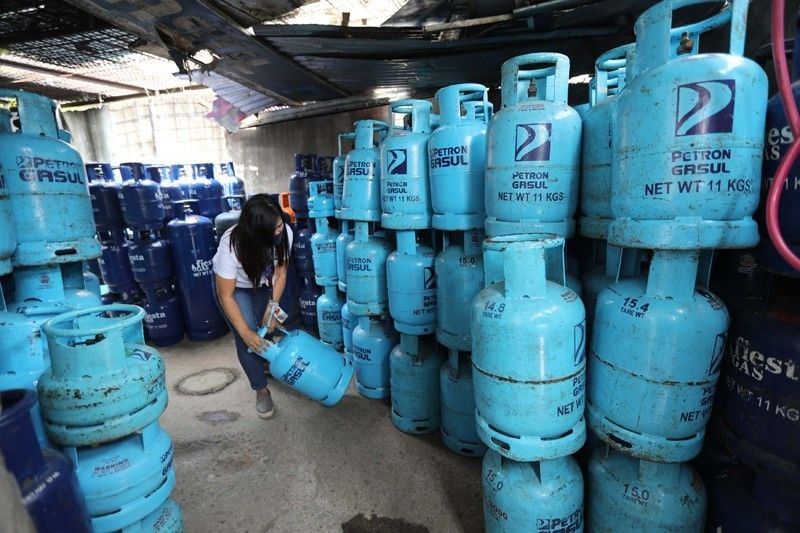Passage of LPG Act to address regulatory gaps

MANILA, Philippines — Petron Corp., the country’s largest oil marketer, expects the recent passage of Republic Act 11592 or the Liquefied Petroleum Gas (LPG) Industry Regulation Act to address regulatory gaps in the LPG industry.
In a statement, Petron said the passage of the law would significantly change and elevate the standards by which businesses operate in the LPG industry.
“This will benefit both legitimate players and the consumers through addressing regulatory gaps, strengthening consumer protection, and increasing public safety by making sure that all LPG cylinders have undergone the proper safety and quality checks,” the company said.
The law will impose tighter sanctions on illegal refillers while institutionalizing the cylinder exchange and swapping program. It will also gradually phaseout generic and unmarked cylinders under the mandatory LPG cylinder improvement program.
Petron said the passage of the LPG Industry Regulation Act would also strengthen the company’s resolve to stop the proliferation of illegal activities in the industry.
Under the new law, illegal refilling will be slapped a fine of P25,000-P100,000 per cylinder with imprisonment of six to 12 years.
Since June, the Philippine National Police-Criminal Investigation and Detention Group (CIDG) has captured more than 1,000 illegally refilled Petron LPG tanks, with an estimated equivalent amount of over P2.5 million in various locations in Metro Manila, north and south Luzon.
The outlets’ owners and personnel were apprehended by the CIDG during entrapment operations and subsequent criminal cases were filed in court. Petron, together with other members of the LPG Industry Association (LPGIA), supports efforts to ensure the safety and welfare of the consuming public.
Petron Gasul and Fiesta Gas, Petron’s LPG brands, are often replicated or illegally refilled by unauthorized LPG refillers.
According to Petron, buying from legitimate LPG traders and suppliers assures customers of high-quality LPG products with the correct weight, as well as tank’s proper wall thickness, weld integrity, and valve fitting following Department of Trade and Industry (DTI) standards.
- Latest
- Trending





























